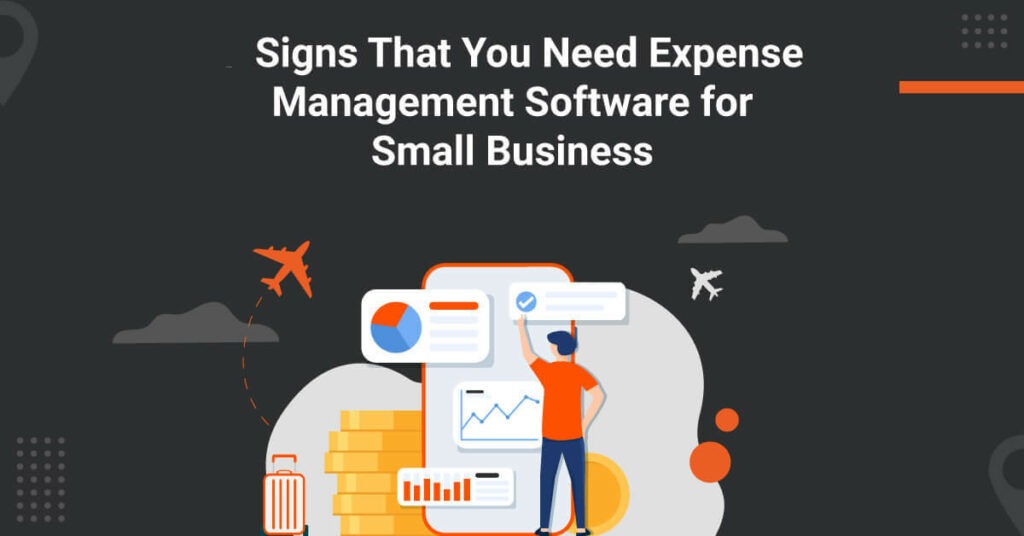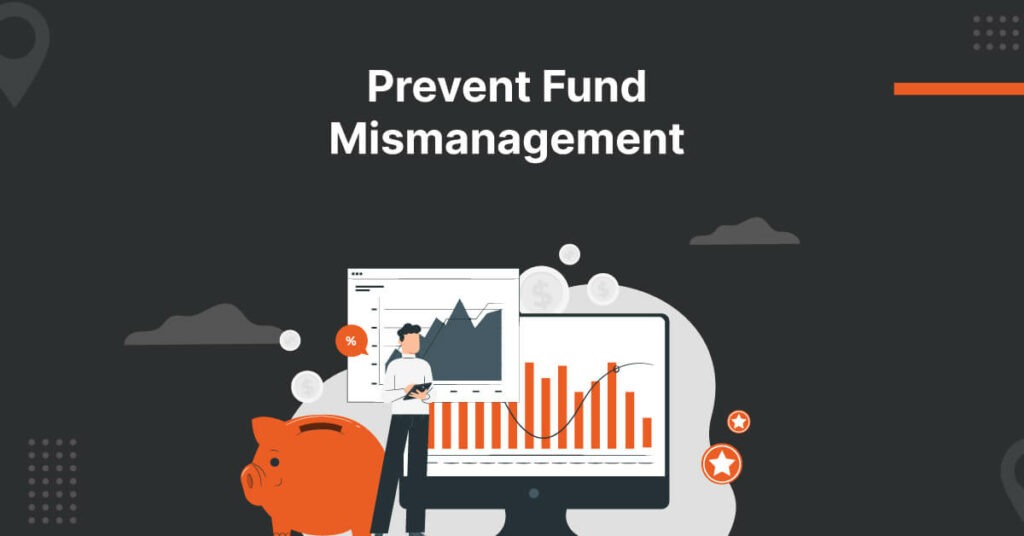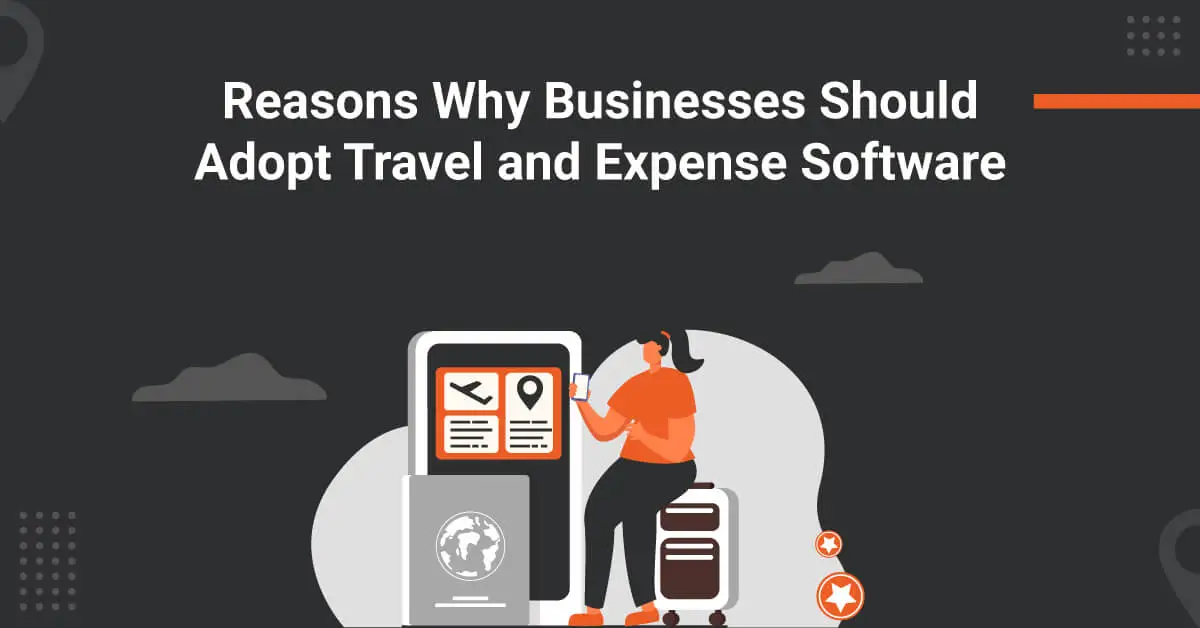
Many of our clients have been asking about accountable reimbursement plans. While they understand it’s related to reimbursing employee business expenses, the specifics often need to be clarified.
We’ll dive deep into accountable reimbursement plans, covering essential details like:
- What exactly is an accountable reimbursement plan?
- What to include in an accountable reimbursement plan?
- How does an Accountable Plan affect business taxes?
- What are the benefits of using an Accountable Reimbursements Plan?
- How should the expenses be substantiated?
- What if you don’t have an Accountable Plan?
By the end of this guide, you’ll clearly understand accountable reimbursement plans and their benefits for your business.
What is an Accountable Reimbursement Plan?
An accountable reimbursement plan is a process that follows the Internal Revenue Service (IRS) guidelines for reimbursing employees for business-related expenses, eliminating any taxation for employees as well as business. As per IRS guidelines, an accountable reimbursement plan must meet the following requirements:
- Business purpose: The expense must be business-related. The IRS explains a business expense as an expense that is “ordinary and necessary” to fulfill the business goals.
Note: An ordinary expense is one that is common and accepted in your industry. A necessary expense is one that is helpful and appropriate for your trade or business. - Substantiation: The employee must substantiate the business expense by providing evidence of the amount, place, date, and purpose of the business expense within a reasonable period. (To simplify this, make sure you have an expense policy in place for proper documentation)
- Return of any unused, excess amount: The employee must return any excess amount from the advance taken from the employer within a reasonable time.
When these 3 requirements are fulfilled, it is referred to as an accountable plan for reimbursements. You must communicate these guidelines to your employees and ensure compliance. Otherwise, these reimbursements are counted as (taxable) income to the reimbursed employee.
What is the “reasonable time” as defined by the IRS for substantiation of expenses and returning of excess reimbursements?
The IRS defines “reasonable time” for substantiation of expenses and return of excess reimbursements as below:
- Employees must substantiate their expenses 60 days after expenses are paid or incurred.
- Employees must return the excess amount within 120 days after the expenses are paid or incurred.
- An advance can be made within 30 days of when the expense is incurred or paid.
What to include in an accountable reimbursement plan?
The common/appropriate business expenses that may be included in the accountable plan for reimbursements are:
- Home office expense – tools, utilities, computer, Internet
- Business-related travel expenses including flights, lodging, and ground transportation
- Gas/Mileage used for business purpose
- Meals
- Entertainment, Gift
- Training and development
- Subscriptions and other business licenses
The IRS mandates employees to submit actual receipts of all these expenses with the expense report unless the company uses a per diem plan in place of direct reimbursement. To know about the standardized per diem rates in the US, click here.
How does an Accountable Plan affect business taxes?
Since the IRS does not consider accountable plan reimbursements as income, the employer avoids payroll taxes and W-2 reporting. The employer deducts the reimbursements as business expenses.
However, if any of the 3 requirements of an accountable plan (as mentioned in FAQ 1) are not met, the reimbursements are treated as paid under a nonaccountable plan, which is considered income. It is then reported on the employee’s Form W-2 and is subject to taxes.
What are the benefits of using an Accountable Reimbursements Plan?
Creating and implementing an accountable plan for reimbursements is extra work for companies. But there are several benefits of using an accountable plan:
Discourage Abuse of Expense Allowances & Control Fraud
Since employees are asked to submit original receipts for substantiation of expenses, they are more likely to use the money solely for what was intended. It is a system of checks that prevents misuse as well as errors.
Documented Record of All Expense Data
It gives businesses an accurate, written account of the business expense data and allows finance managers to make better financial decisions.
Equal Treatment of All Employees
When everyone must submit their receipts and travel expenses for claiming reimbursements, you provide the same experience to everyone in the organization.
Tax Savings
It helps in saving taxes as the reimbursed amount is not counted as the income of the employee. Moreover, businesses can show them as deductibles.
How should the expenses be substantiated?
The IRS requires substantiation by the employee and maintenance of records by the employer. For substantiation, the IRS requires original receipts for any expense over $75. If a receipt is not provided, the reimbursement becomes taxable. Let’s understand this with examples:
EXAMPLE 1: Let’s say an employee spends $10 on her meal, then the substantiation would not require a receipt, but at the very least should state, “$10 lunch on 1/5/21” for keeping accountable reimbursement records for the company.
EXAMPLE 2: Let’s say an employee spends $150 on a business-related online seminar. In this case, the employee must give evidence of payment via an email or original receipt of the seminar for substantiation and record purposes.
Why setup the Accountable Plan?
Ideally, every business owner should set up an accountable reimbursement plan for his or her business. If you’re a single-member LLC with no employees, you don’t have to create one as all business expenses are deductible as per the IRS.
However, as soon as you hire your first employee, it’s time to start creating an accountable plan so that it’s easier to show your business deductibles and save tax for the employees as well as your business.
Is there a need to submit a written Accountable Plan to the IRS?
The IRS does not require businesses to submit a written accountable plan. However, businesses must be able to demonstrate that they meet the requirements of an accountable plan if ever faced with an audit by the IRS.
Therefore, we suggest you always have a written plan in place that provides guidelines and requirements for expense reimbursements, making it easier for employees to understand and comply with.
Also, it will help keep a proper record of your employee’s expense report filings, return of excess amount, and reimbursements.
What’s an example of an Accountable Plan?
Let’s say your sales manager uses his or her car for business purposes and you reimburse them for the miles traveled. Let’s look at a mileage reimbursement claim that would fall under an accountable plan:
- You reimburse your sales manager for the miles traveled as part of business trips i.e., making trips to clients or potential clients, sales meetings, etc.
- At the end of the month, the sales manager files an expense report mentioning the miles traveled, place, date, and purpose of the business trip. Payroll verifies the expense report and reimburses employees.
- In case of advance payment, the employee needs to submit any remaining amount as per the accountable reimbursement plan.
What if you don’t have an Accountable Plan?
If you don’t have an accountable plan or don’t create it correctly, any reimbursements. Even those that are ordinary and necessary automatically become a part of the nonaccountable plan. This means they are subject to taxes and W2 reporting.
As per IRS Publication 15: “Payments to your employee for travel and other necessary expenses of your business under a nonaccountable plan are wages and are treated as supplemental wages and subject to the withholding and payment of income, social security, Medicare, and FUTA taxes.”
Therefore, we suggest you draft an accountable plan as it will likely save everyone’s time, money, and confusion related to expense reimbursements.
Enforcing your Accountable Reimbursement Plan is Key
The benefits of having an accountable plan are many but only if you enforce it with all terms. If there is no substantiation within 60 days, you can’t treat the plan as an accountable plan. Consequently, the reimbursements will be treated as having been paid under a nonaccountable plan.
Having an advanced expense management solution may help you implement your accountable reimbursement plan effectively. It will ensure all reimbursements are received, reported, and maintained properly, within “reasonable time” as per IRS guidelines.
To know more about how you can implement your accountable reimbursement plan with itilite, schedule a free demo with our product expert today!
















 and then
and then